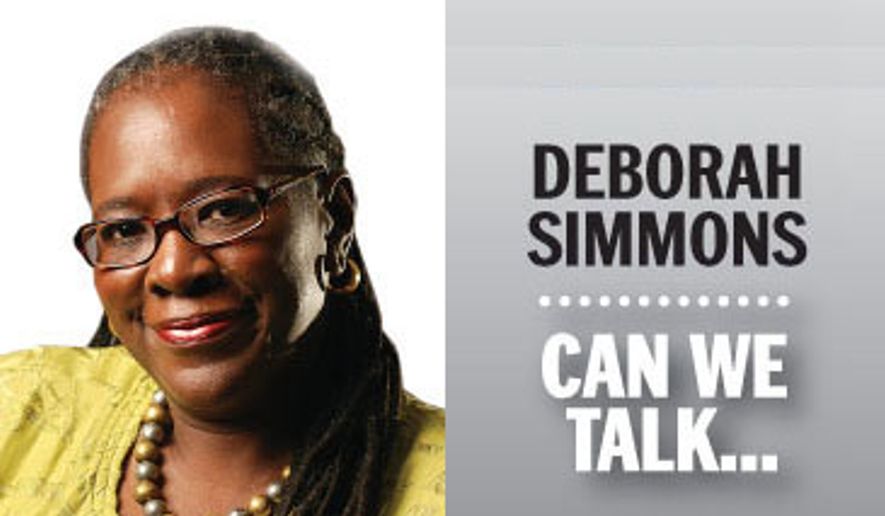ANALYSIS/OPINION:
Where’s the beef? Or, more apropos, where’s your beef?
Thanks to Jimmy Carter and his willing partners in the House and Senate, an estimated 4 million disadvantaged people received job training and employment opportunities during his four years as president.
In addition to those employment prospects under the Comprehensive Employment and Training Act (CETA), the Carter administration also implemented the Economic Stimulus Appropriations Act of 1977, which made a fresh new $20.1 billion subsidy available to fill the gaps for poor, unemployed and underemployed workers.
Each year during President Carter’s term in office, about 4 million economically disadvantaged persons received training and job opportunities under the CETA alone. New programs targeted veterans, migrant workers, youths and American Indians — and this is not to suggest they are undeserving.
Lo and behold, here we are on the verge of Easter break, and the average American parent with a teenager is hoping, indeed praying, that their kid gets a summer job.
In D.C., where 13,000 summer jobs are up for grabs, the D.C. auditor has again pointed to mismanagement and short-circuited oversight that could easily lead to waste, fraud and abuse.
After conducting earlier audits that looked at summer jobs programs across the country, D.C. Auditor Kathy Patterson recently let the cat out of the bag. In her testimony to the D.C. Council about the city’s $17 million program, she pointed out several shortcomings that impeded “the program’s goal of providing youths with the skills, attitudes and experience needed to succeed in the workforce.”
City leaders have long known about mismanagement problems with the program, even prior to naming the summer jobs program in honor of Marion Barry, who was creating summer jobs for youths as a private employer long before he was ever elected mayor.
As Mrs. Patterson explained, the No. 1 mission for the Marion Barry Summer Youth Employment Program (MBSYEP) is to give youths the opportunity to “earn money and gain meaningful work experience.”
If that were, indeed, the goal of the MBSYEP, it is falling short — so short that the other three prongs of the program aren’t even worthy of discussion at this juncture.
Understand, D.C. was employing youths during the summer long before Mr. Carter became president, as Barry and other urban leaders corralled youths and business for jobs. Similarly, migrant labor leaders like Cesar Chavez were urging federal officials to uplift immigrants and American Indians even while pressing civil rights concerns.
The Trump administration is still weighing how to steer public dollars toward effective and efficient jobs programs, as well it should.
The District’s elected leaders should think long and hard too as they weigh expanding the program for the city.
For certain, as Mrs. Patterson also spotlighted, the Department of Employment Services should have an audit trail to prevent waste, fraud and abuse; ensure that MBSYEP is charged only for expenses related to the six-week summer program; engage an independent evaluation of the program by each June; and publish the results by December of each year — as required by law.
Big-city summer jobs are considered by many to be a luxury with rural areas, exurbs and American Indian lands left behind.
Instead of simply pouring more funds into public coffers, it’s time public officials held themselves accountable.
As Boston Mayor Marty Walsh wrote in an essay, everybody’s gotta start somewhere. For the 50-year-old Democrat, that somewhere was Dunkin’ Donuts.
“My days would start early in the morning, way before our store opened — and you know how early Dunkin’ Donuts opens!” writes Mr. Walsh, who also describes how a first summer job can foster personal and professional growth, a strong work ethic and commitment.
C’mon, folks. In the name of Marion Barry, we must do better legislating and managing summer jobs programs. If we’re not careful, next summer the jobs might not be there — and it won’t be the president’s fault.
• Deborah Simmons can be contacted at dsimmons@washingtontimes.com.
• Deborah Simmons can be reached at dsimmons@washingtontimes.com.




Please read our comment policy before commenting.